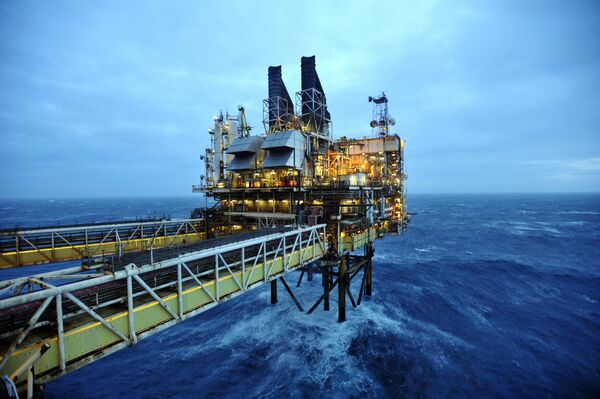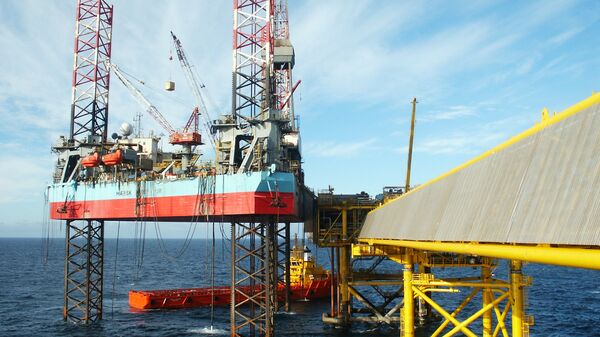The projection comes from Wood Mackenzie, an energy intelligence firm, and is based on analysis of industry plans for the program of well plugging and platform and pipeline dismantling that are impending as the resources reach empty. Since extraction began in the 1970s, North Sea oil has generated £330 billion (US$407bn) in tax revenue, often reducing the impact of recessions.
.@WoodMackenzie highlights the challenges facing the UK a it grapples with the high cost of decommissioninghttp://ow.ly/iAsL307OO9J
— Wood Mackenzie (@WoodMackenzie) January 9, 2017
Decommissioning is expected to take four decades to complete, but while the Treasury forecasts a final bill of £16 billion (US$19bn), Wood Mackenzie believe the true figure will be twice as high, at £24 billion (US$29bn). The report concludes that North Sea oil will be a major net expenditure rather than a source of income for the government until decommissioning is complete.
In total, oil companies will spend £53 billion (US$64bn) from 2017 onward on winding down their North Sea operations, but almost half of that sum will be recouped from the Treasury through tax relief.

Decommissioning costs are effectively subsidized under rules that allow companies to claw certain taxes paid since North Sea production began; in total, firms involved in the North Sea industry have paid £330 billion (US$401bn) to the Treasury since extraction began. The tax relief was originally to prevent clean-up liabilities deterring investors.
As of January 2017, around £6 billion (US$7.3bn) has been spent on decommissioning so far, and 2016 was the first year tax relief exceeded Treasury revenues from North Sea oil, with industry profits hit by a weakening oil price. This deficit is forecast to reach £500 million (US$607m) in January 2017, before returning to modest profit in the next five years as new fields come on stream for the first time.

However, future revenues will depend on oil prices and whether companies invest in further exploration. More than 43 billion barrels of oil and related derivatives have been extracted since North Sea production started in 1967. There are still around 10 billion remaining according to industry group Oil & Gas UK.
The forecast could well spell trouble for the Scottish National Party's dreams of independence.
North Sea oil was named as a key source of revenue for an independent Scotland in the party's 2014 independence referendum proposal.
North Sea oil could have made an independent Scotland as rich as Switzerland https://t.co/eNj6ihh7Us Ah! Tory greed #.WGYigbpcE78.twitter
— Bill MacBeth (@bill_macbeth) December 30, 2016
In August 2016, Scottish government data indicated falling oil prices had already drastically slashed the value of Scotland's share of North Sea oil, reducing annual income to a mere £60 million (US$73m) from £1.8 billion (US$2.2bn) the previous year, in turn dragging the country's deficit to 9.5 percent of GDP — more than double that of the entire UK.
Prior to the oil price slump, Scotland's geographic share of North Sea oil revenues was worth £9.6 billion (US$12bn), more than the country's total annual spend of education, environmental protection and training.




